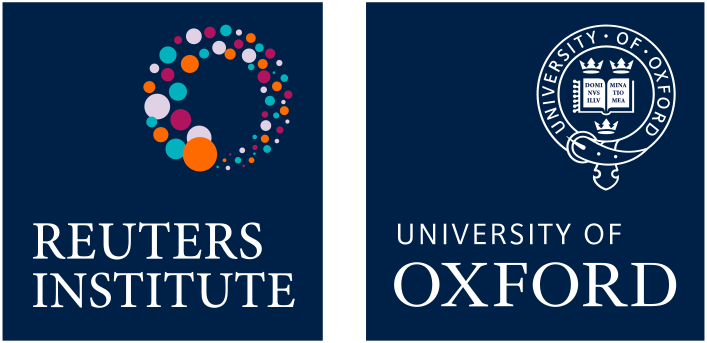
Ireland
The year 2024 was one of general consolidation in the Irish media market, with new digital first strategies, redundancy schemes in play, and an impressive subscription performance from the Irish Times.
It proved a quieter year for the public service broadcaster Raidió Teilifis Éireann (RTÉ) which was beset by controversy from summer 2023 when a payments scandal was uncovered revealing secret payments made by the former management to boost the pay of a star presenter. After an enormously difficult period the government finally agreed to a long-awaited voluntary redundancy scheme in early 2025. The plan is to cut 400 jobs in five years. While a recruitment freeze is in operation, a number of key roles have been advertised in line with RTÉ’s new director-general’s content strategy to increase viewing on streaming platforms, while keeping engagement on its linear channels.
Virgin Media pulled back from current affairs broadcasting, reducing its flagship current affairs programme, The Tonight Show, from four nights a week to two. It also declined to host an election debate between party leaders in the November 2024 general election. Instead, it pivoted further to sport and, along with RTÉ, secured a deal to broadcast the rugby Six Nations Championship until at least 2029, ensuring all 15 matches remain free-to-air in Ireland.
The Irish Times group aims to evolve to a business model where more than 50% of its revenues come from digital sources, up from the current share of about 25%. It has returned to profit on the back of increased third-party print contract revenue and digital subscription and is continuing to recruit. The group now has about 143,000 paid subscriptions, after the growth seen in 2023 continued into 2024. The Times is also completing a newsroom reorganisation underpinning its shift to digital. The night editor and chief sub roles have been discontinued and replaced with a pagination team so all desks can give more space to digital and less to print. It has also created a new position of standards editor and has implemented a new programme facilitating journalists moving for a period to different departments to enhance their skills.
Irish Independent owner Mediahuis announced a voluntary redundancy programme as part of a restructuring from the current model, where almost 70% of its gross margin is directly related to print and only 30% is digital. Its 2030 plan is to reverse this so that 70% of the group’s gross margin comes from digital products and it becomes less dependent on print revenues.
Audio in Ireland also continues to be popular through podcasts, with 12% of DNR survey respondents using it as a news source each week. Of podcast listeners, 47% say they are also willing to pay for their favoured news podcasts. Both the Irish Times and Mediahuis have also been investing in podcasting, the Irish Times' Inside Politics is now three times a week and it is exploring further podcasts. The most-mentioned podcast producers amongst our Irish respondents include: the Irish Times, the BBC, the Independent, RTÉ, and the Guardian, with the Irish Independent’s Indo Daily as the most cited podcast. However, the only Irish newsroom podcast to feature in the Spotify overall top 10 charts, where 49% of Irish podcast listeners find podcasts, is Crime World from tabloid the Sunday World.
In the radio sector German media conglomerate Bauer Media Audio acquired several radio stations, including youth-targeting regional station Beat 102-103. The Hamburg-headquartered company now owns eight of the 34 licensed commercial radio services and extends its total weekly reach in the market to 2.24 million listeners.
The regulator Coimisiún na Meán has announced the awarding of €5.7m to news outlets across Ireland under their new Journalism Schemes. These schemes cover local democracy and courts reporting – the first time Coimisiún na Meán has directly supported public-interest journalism for communities across Ireland on a platform-neutral basis. As part of the awards, over 100 new or enhanced journalist roles will be created across the country. This includes 71 newly funded roles for journalists, and more than 30 roles where freelance or part-time journalists will see enhanced employment terms. The initial pilot 12-month scheme has been awarded further funding, with round two expected to open in July/August 2025.
Jane Suiter
Professor, Dublin City University
Changing media
In a generally constant picture, reach for traditional news sources such as TV have been declining over time, while social media continue to tread water.
Pay for online news
20%
Trust in news overall
51%
(+5)
11/48
Trust in news (51%) has increased this year by 5pp and is relatively high by international standards. Public broadcaster RTÉ remains amongst the highest trusted brands in our survey along with regional and local media. RTÉ, local and regional radio and newspapers, the Irish Times, and BBC News all scored around 70% in terms of trust in news.

